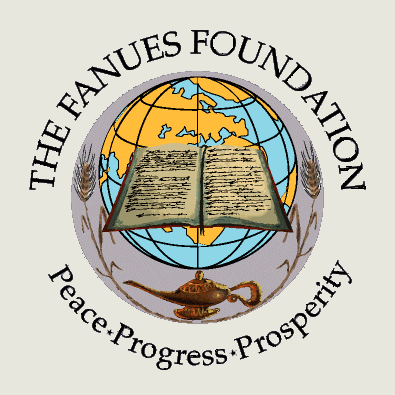|
| |
|
"A rare
opportunity to create a new Golden Age in the Middle East has arisen
after the Gulf War. We are all in need of it, and any other alternative
would be a collective punishment for all the peoples in our region. We
can begin today by taking the first steps across the bridge of mutual
cooperation and understanding among Middle East peoples.
The journey
ahead will be long, but the way is open. We need brave travelers”.
Shimon Peres
|
|
"American
principles of political, economic, and intellectual democracy make
American leadership in the world strongest when conditions of peace and
orderly change prevail and when conditions conducive to national growth
in an orderly fashion are implemented. In that respect American
peacemaking is a most effective approach in the best interests of
all."
“ Political, social, and economic difference between Israel and
Palestinians, and among Arab nations increased the prospects for
instability in the Middle East. Success in effecting constructive
generational changes in the Middle East will result in successful
orderly change in the region that will have a positive global impact.”
Harold H.
Saunders.
|
A.
The “Peace” Need
When the opportunity for education is limited then the opportunity for success
is similarly truncated. This
situation promotes divisions in societies and frequently violent sociological
and political reactions.
Simply creating more universities is not a panacea in itself unless it also
entails the economic assistance and access required to cultural interaction in
living, conflict resolution in practice and successful programming.
B.
The Curricula Need
The universities of the Middle East are doing a good job of providing
generalized Liberal Arts Education and some specialized Graduate training.
There are gaps in the system, which AUP has identified with the able
assistance of pertinent sources.
This analysis has provided a need list for academic disciplines both from an
academic standpoint and from the requirements of the area.
This provides the successful programming.
C.
The Numerical Need
In the year 2000, there will be 1,293,500 freshmen available to universities
from Palestine and four countries with contiguous borders (Jordan, Israel,
Syria, Lebanon, and Saudi Arabia).
Each country will provide for the students with varying percentages of
in-country matriculation. Some will
reach a 50-60% success rate in admissions.
For the Palestinians, there is less than a one-in-four opportunity for
higher education.
Only one course leads to the provision for a deep and lasting peace.
It is parity of opportunity, which shall require opportunity for
admission to higher education, opportunity for interaction with varied points of
view, and full opportunity for success.
The American University of Palestine has the unique charter to
provide this scholastic, environmental, and predicted success opportunity.
|
